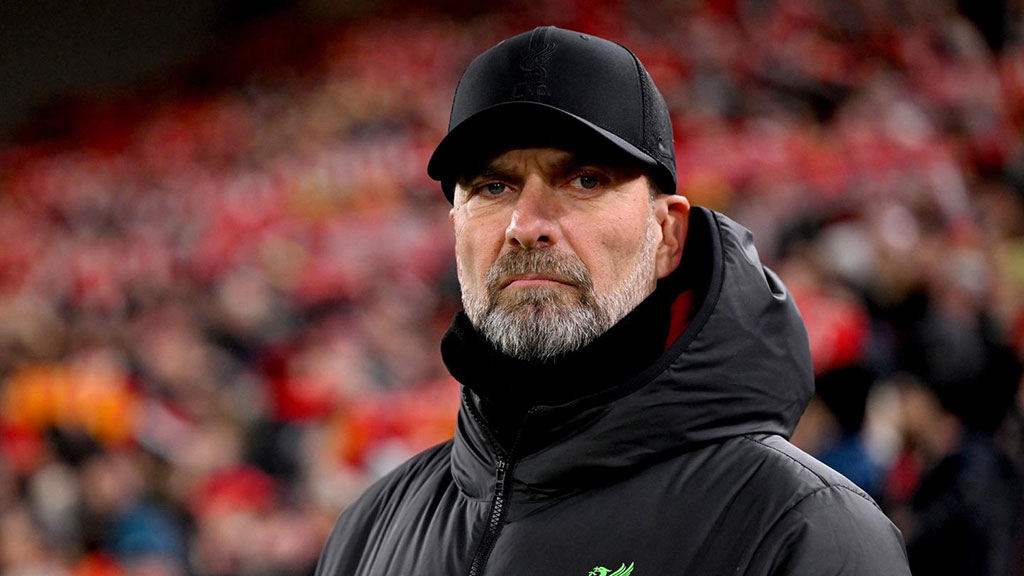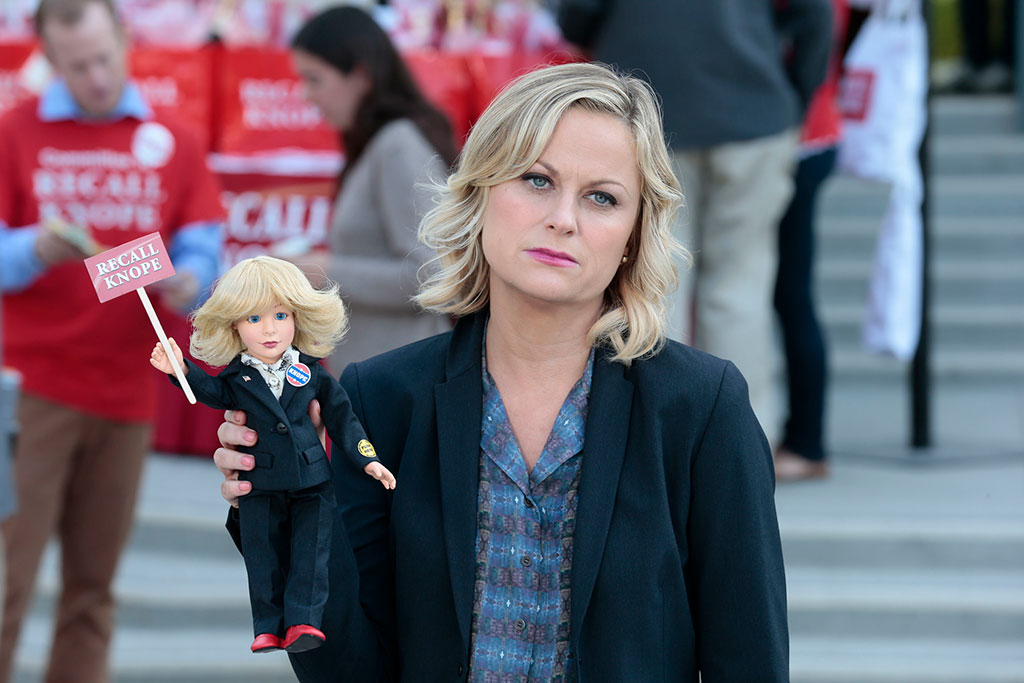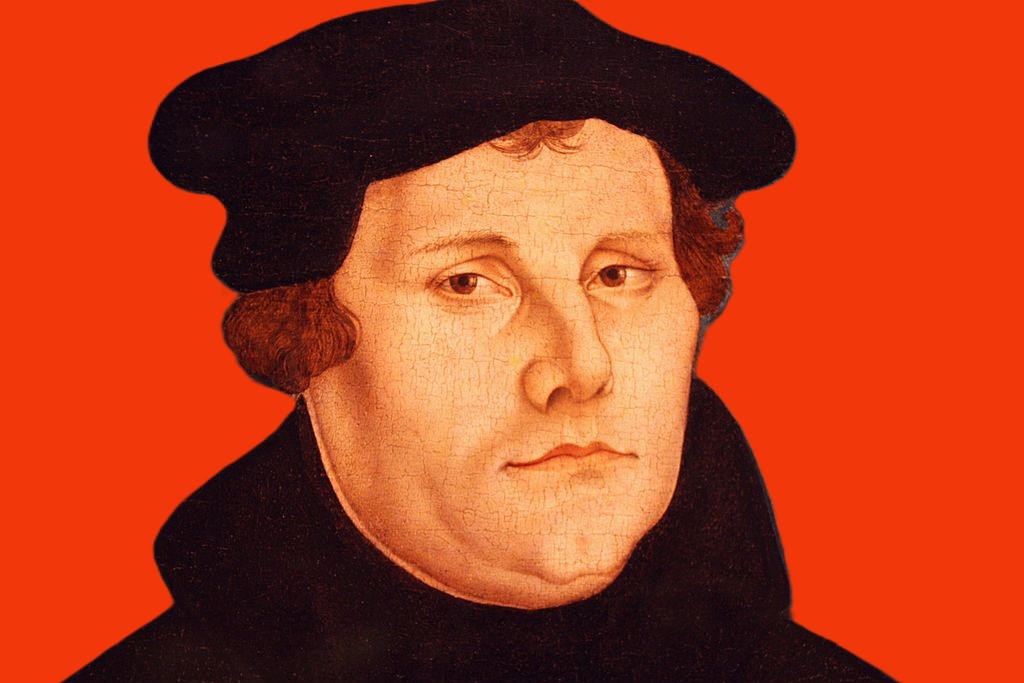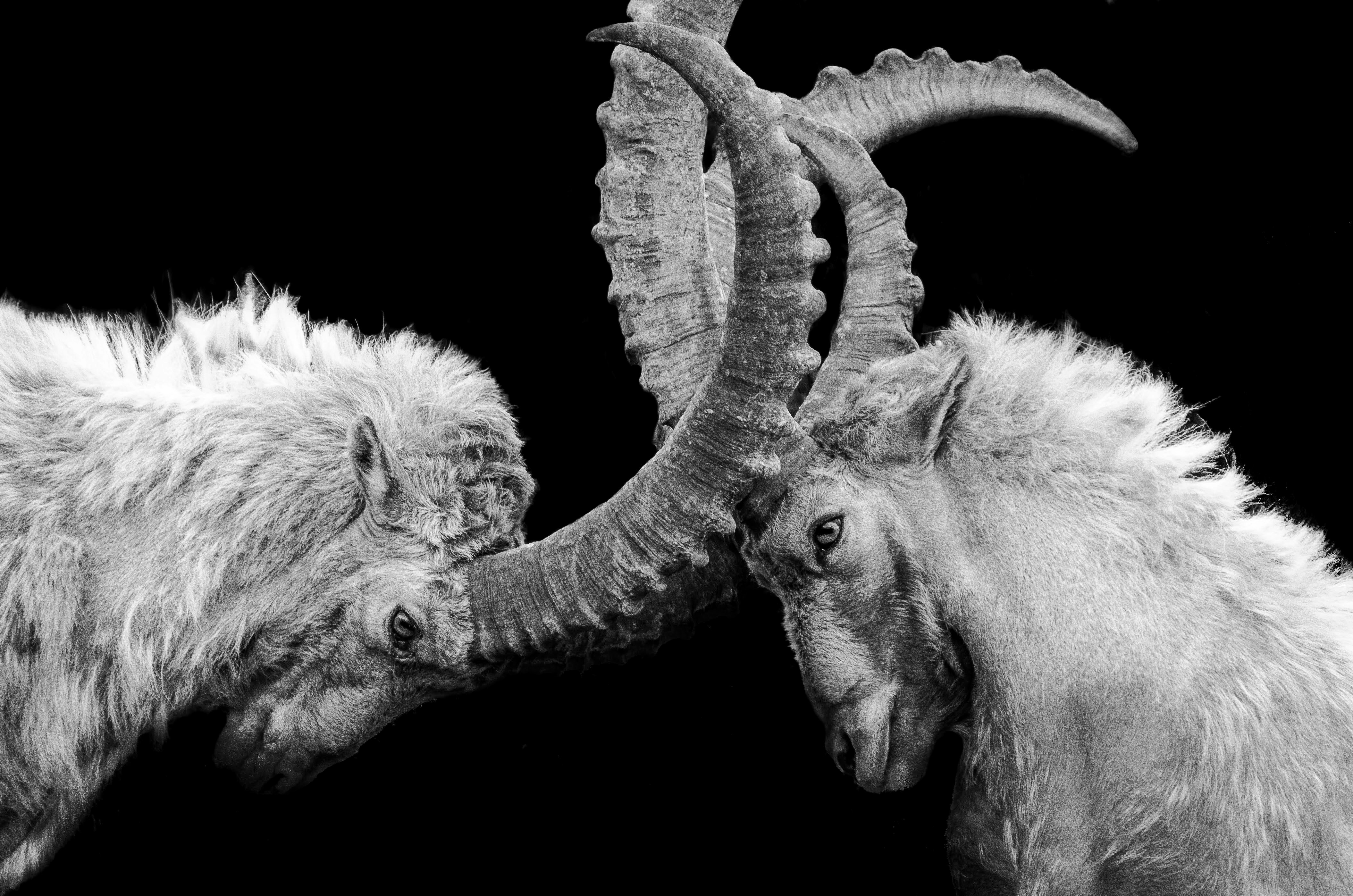
Spirituality and religion are inseparable from American hip hop culture. Recent studies have shown that African Americans, the pioneers of hip hop culture, are more likely to be religious than any other ethnic group in America. As such, hip hop lyrics are often littered with allusions to both organised religion and more abstract spirituality. Consider Kanye West’s infamous 2004 record Jesus Walks, a song in which the Chicago native overtly professes faith in Jesus of Nazareth and pleads for his protection as he traverses through the adverse socio-economic terrain that is Black America.
Or take two of hip hop's most successful and influential artists today, friends turned enemies: J. Cole and Kendrick Lamar. As recently as his second last project, The Off Season, Cole reveals an ongoing journey he finds himself on, stating:
I dibble-dabble in a few religions
My homie constantly telling me ’bout Quran, puttin’ me on
I read a few pages and recognize the wisdom in it
But I ain’t got the discipline for stickin’ with it
Cole’s belief in some form of a deity is well-documented throughout his music. Religion, though often critiqued, serves as a continual trope in his discography. Consider his pseudo-messianic perspective on the track Want You To Fly, where he claims that:
God is real and he usin’ me for a bigger purpose…
Sometimes I think that these verses can help a person
Way more than the ones they readin’ in churches on days of worship
No disrespect to the Lord and Savior, that ain’t just ego
I just observe that them words no longer relate to people
‘Cause modern times be flooded with dollar signs
And social media stuntin’, my n****s just wanna shine
They frame of mind so far removed from the days and times
Of Nazareth
His counterpart, Lamar, is not far behind in terms of religious motifs and themes. His spiritual journey, like Cole’s, is complex and multi-layered. Early in his career, one could assume that Lamar was an all-out Christian due to lyrics on songs such as His Pain, within which the Compton artist questions why God keeps on blessing him amid his mistakes and transgressions. Furthermore, his debut album good kid, m.A.A.d city was flooded with religious overtones, the culmination being the 12-minute track Sing About Me, I’m Dying of Thirst where Kendrick and his affiliates confess their need for a Saviour, namely Jesus of Nazareth. However, as alluded to earlier, Kendrick’s spiritual journey is not as straightforward as that song would make it seem.
Though Christian virtues such as humility, altruism and charity still run through songs such as How Much A Dollar Cost, Kendrick has often been drawn to other religions, including Black Hebrew Israelism. Kendrick’s current position is uncertain, he seems to have landed on a form of religious syncretism. In his most recent album, Mr Morale and The Big Steppers, he confesses to still being a Christian “but just not today” and openly confesses to “praying to the trees”.
Both artists, surveying their immense influence across the hip hop community, both locally and globally, have developed something of a Saviour complex as they seek to promote peace and unity. Despite Cole and Lamar’s prominent themes of emotional healing and social consciousness, the two still possess a competitive edge. Cole, on the hit single First Person Shooter on Drake’s For All The Dogs album stated
Love when they argue the hardest MC
Is it K-Dot? Is it Aubrey? Or me? We the big three like we started a league
This seemed to be a profound moment of acknowledgement and respect for the three rappers on contemporary hip hop’s pantheon (J Cole, Kendrick Lamar and Drake). However, the collaboration between J. Cole and Drake clearly didn’t sit well with the Compton Cowboy, Kendrick Lamar. This seemingly uncontroversial statement triggered a response Lamar, who declared:
“Motherf**k the ‘Big 3’, *n***a it’s just Big Me”
Lamar’s verse instantly became the talk of the town as Lamar had returned from his hiatus in order to take aim at his competition. And thus, Cole’s observation from his 2019 release Middle Child that “They act like two legends cannot coexist” has proved to be true.
However, Cole, perhaps unknowingly, has showcased the character of the Christian God in choosing to forego his offence and make peace with his brother.
So, what was Cole to do in this scenario?
For the Fayetteville Emcee, it seemed like a catch-22 of sorts; on the one hand, if he chose to retaliate that could cost him a friendship (with Lamar) that spanned over a decade. However, if Cole, choosing to maintain the peace, chose to turn the other cheek, his reputation as a preeminent emcee would be brought into question.
Cole, competitive as they come, refused to be outdone and replied to his friend-turned-foe, Kendrick Lamar, on a since deleted track called 7 Minute Drill. Cole scrutinised Lamar’s most recent album Mr Morale And The Big Steppers as well as his critically acclaimed 2015 release To Pimp A Butterfly. However, within a few days of the retaliation, J.Cole made a public apology to Lamar and his fans.
Cue the trolling, the confusion and the memes.
After years of working to cement his position as an elite hip hop artist, Cole’s status as a top emcee was now being questioned. The discourse surrounding Cole quickly turned sour, for the many hip hop fans who rejoiced over the return of parity and competition to the genre, this seemed to be a cop-out by Cole. However, Cole, perhaps unknowingly, has showcased the character of the Christian God in choosing to forego his offence and make peace with his brother.
But when he began to display forgiveness and humility? That became too much for the hip hop audience to stomach.
When Kendrick Lamar subsequently began to battle the third member of hip hop's Big Three, Drake, many fans applauded Cole for staying out of the conflict.
When Cole made his public apology to Lamar, his actions more resembled those of a Gandhi, Martin Luther King or, dare I say, Jesus, than a hip hop megastar. When the opportunity for lyrical bloodshed presented itself, Cole admittedly indulged, yet quickly retracted and repented. His actions strikingly resemble the teachings of Jesus, who advocated for radical reconciliation with one’s enemies.
It seems as though hip hop was content, and even supportive, of Cole’s afore-mentioned saviour complex... but only to a certain point. Giving to the poor? Fine. Spreading positivity and uplifting the oppressed? Fine. But when he began to display forgiveness and humility? That became too much for the hip hop audience to stomach.
In Jesus’ day, it was widely hoped that a Jewish messiah arrive in the form of a military warrior, who would destroy the oppressive Roman Empire. Therefore, when Jesus of Nazareth spoke of forgiveness, love for enemies and humility, this was difficult for his audience to accept. Instead, he taught and demonstrated a different path: one where the merciful will be shown mercy.
And so, perhaps there are similarities between Jesus’ story and the scenario Cole finds himself in.
Both audiences desired kings who sought bloodshed, vengeance and dominance. But, instead, both displayed love, peace and humility. It’s easy to choose the former but it’s pricey to choose the latter.
Some ponder the existence of God and His activity in the world today and with valid and noble reasons. However, what if God’s actions and character are sometimes mediated through unsuspecting people. What if God is condescending? Not in the sense that He belittles us or speaks patronisingly to us but rather gently descends to our level and communicates in ways that we can comprehend through people that we can relate to? What if God is more human than we sometimes think? Again, not in the sense that He’s susceptible to mistakes and error like us but more so in the sense that He knows what it’s like to experience pain and injustice, joy and relief and everything that comprises the human experience? Maybe through the medium of hip hop, a culture birthed out of poverty, vocational insecurity and social instability God has spoken to us? After all, it would be much like the God of the Christian Bible who chose not to enter the world as an infant in a royal family but rather choose the ghetto of Nazareth as His humble abode. Maybe, just maybe, this hip hop feud and Jermaine Cole’s withdrawal from it was a microphone through which God chose to speak and communicate His character to an onlooking world.











